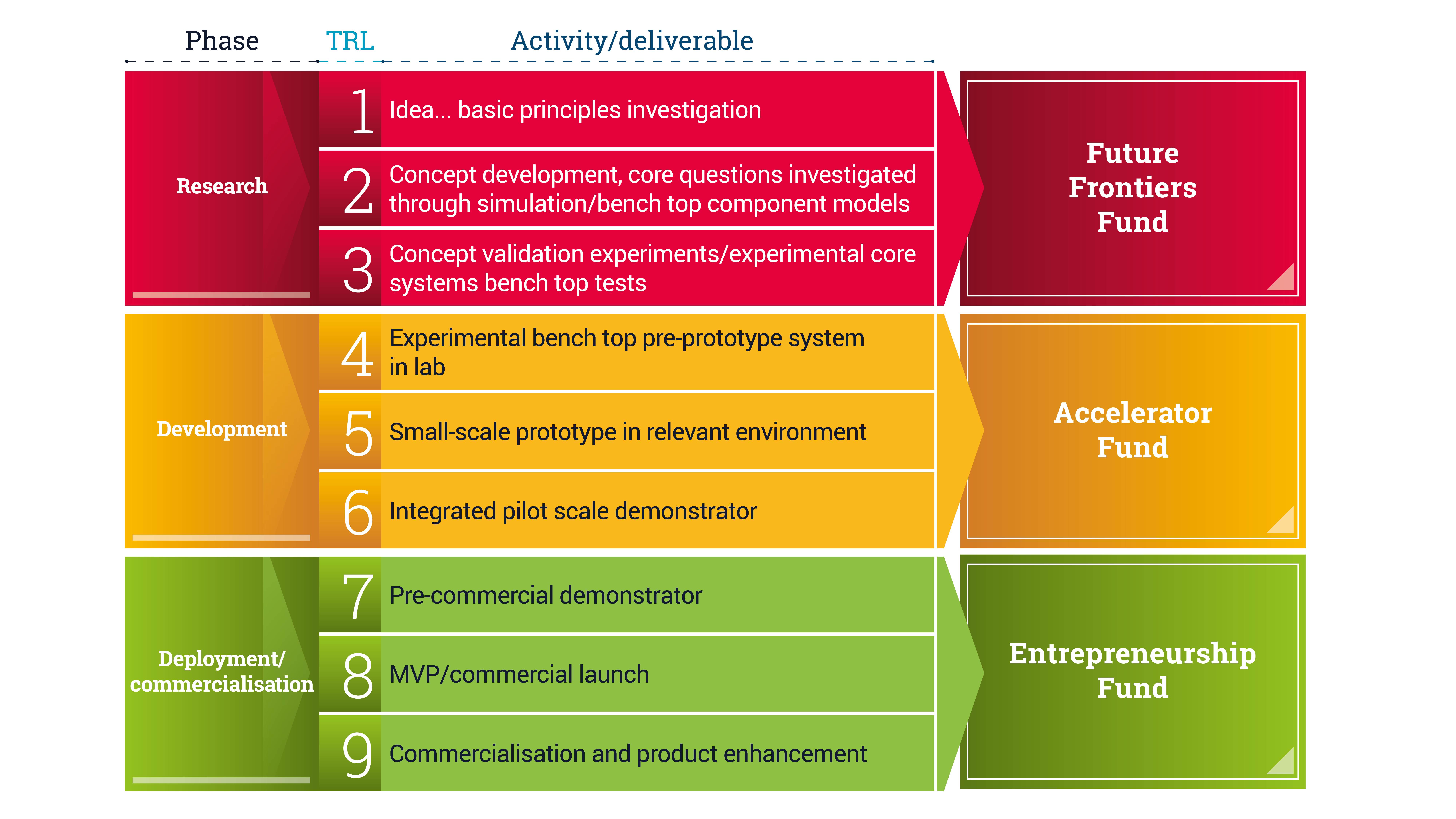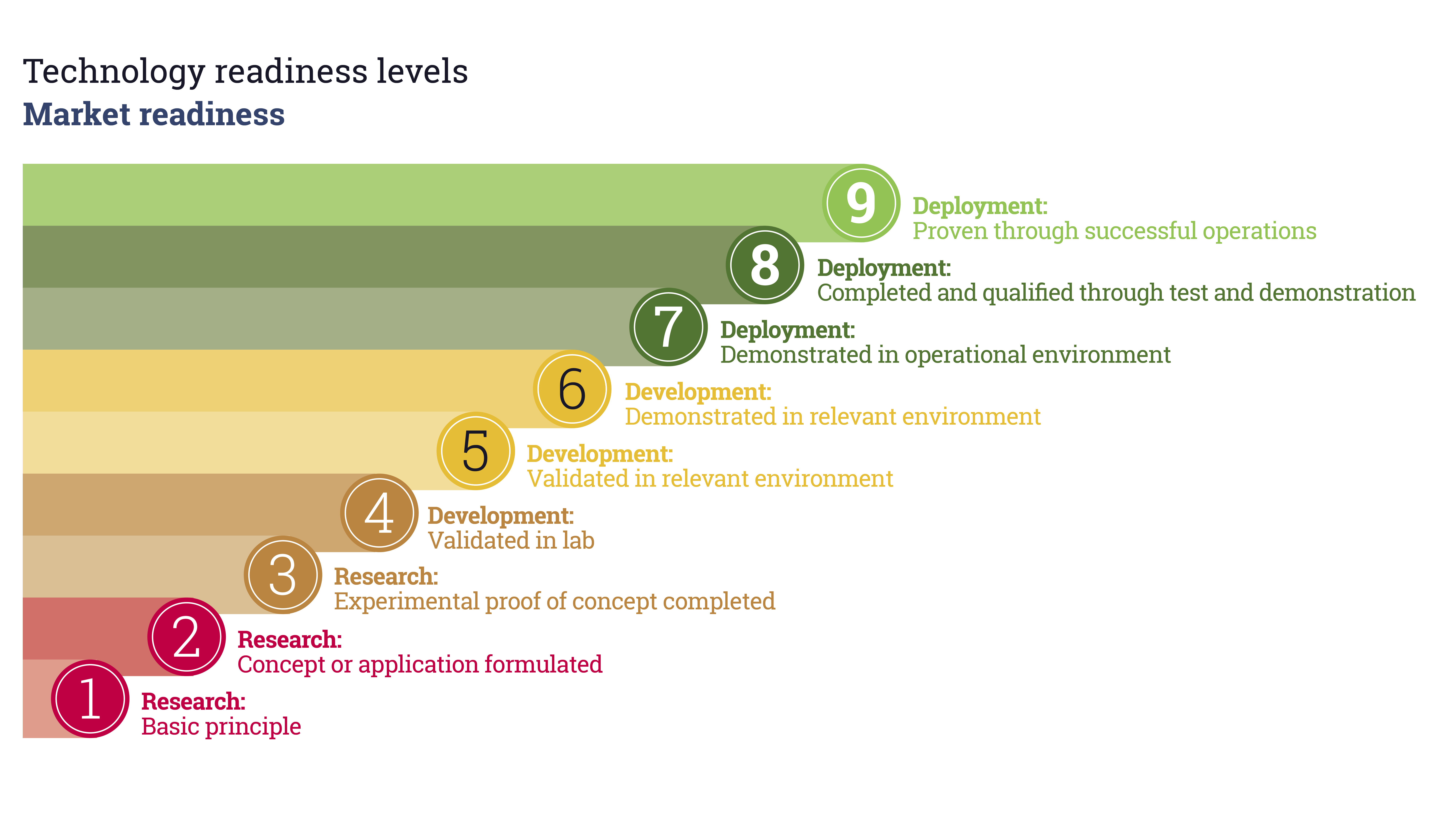Working in partnership with Green Future Investments Limited (GFIL), Cranfield is proud to deliver financial, technical and business support to innovators and entrepreneurs.
The GFIL Fund provides a range of grant and investment funding to innovators that are developing solutions to global environmental challenges. In addition to this funding Cranfield will also provide innovators with a range of technical and business support including mentoring, technical assistance from academics and technician staff, business coaching, and providing access to our laboratory and near industrial-scale test facilities.
It is time to invest in change for the better
We need to take action now. Global warming is increasing, and the scientific evidence suggests that we are running out of time to avert catastrophe. If we do not act in this decisive decade, we will go beyond our ability to adapt. Around the world we are already seeing what that future could look like – in the summer of 2022 we have seen floods in Pakistan, hurricanes in the Caribbean, heatwaves across Europe, and droughts in the US and China.
The urgent need for action to keep alive the prospect of limiting global warming to 1.5 degrees above pre-industrial levels is clear. Businesses are critical to our overall effort to deliver a net zero future by reducing emissions and driving the green technology revolution.
Addressing climate change is an urgent challenge, but one that creates opportunities for growth, collaboration, and new partnerships. We are committed to supporting innovators, individuals, communities and organisations in their efforts to save our planet, lift people out of poverty and advance health outcomes.
Around the world, individuals and organisations are radically re-imagining what it means to be a responsible 21st-century business, and innovators are a critical part of this movement to transition to a clean green future. The development of new ideas and innovative technologies and the scaling of existing solutions have the potential to make a profound difference for businesses, customers, and communities – and to preserve the planet for future generations.
What are we aiming to achieve?
Through this funding we will support full technology and service development, from earliest stage ideas and research to deployment and commercialisation, through a portfolio of funds: the Future Frontiers Fund, the Technology Accelerator Fund, the Green Future Entrepreneurship Fund, and The Brian Meredith Net Zero Scholarship programme.
The funding will support:
- Truly innovative leaps through small investments to test ‘might work’ concepts.
- Concepts and technologies which are in transition between research and commercialisation.
- The next generation of Cranfield businesses who are focused on green-related business ideas by offering investments as part of the University Seed Fund.
- SMEs whose core purpose is around green products and services to scale up.
- Students to work on Sustainable Development Goals (SDGs) related business ideas and become future climate change activists.
Find out more about the funding opportunities available to you.
An innovation funnel
The GFIL Fund uses the Technology Readiness Level (TRL) framework to establish an innovation funnel that enables a constant stream of ideas, products and services, and technology to be developed, tested, and launched into the market.
It is based on the principle that many innovative ideas are introduced through the wide mouth of the funnel with various stages to determine whether they are worth pursuing. At the end of the funnel is the commercialisation of the product, service, or technology. Below is how each fund within the portfolio aligns with the TRLs.
What are Technology Readiness Levels?
Originally developed by NASA to assess space exploration technologies, TRLs are used by a variety of industries to measure the maturity level of a technology throughout its research, development, and deployment phase progression. TRLs are based on a scale from 1 to 9, with 9 being the most mature technology and ready for the ‘real world’.






